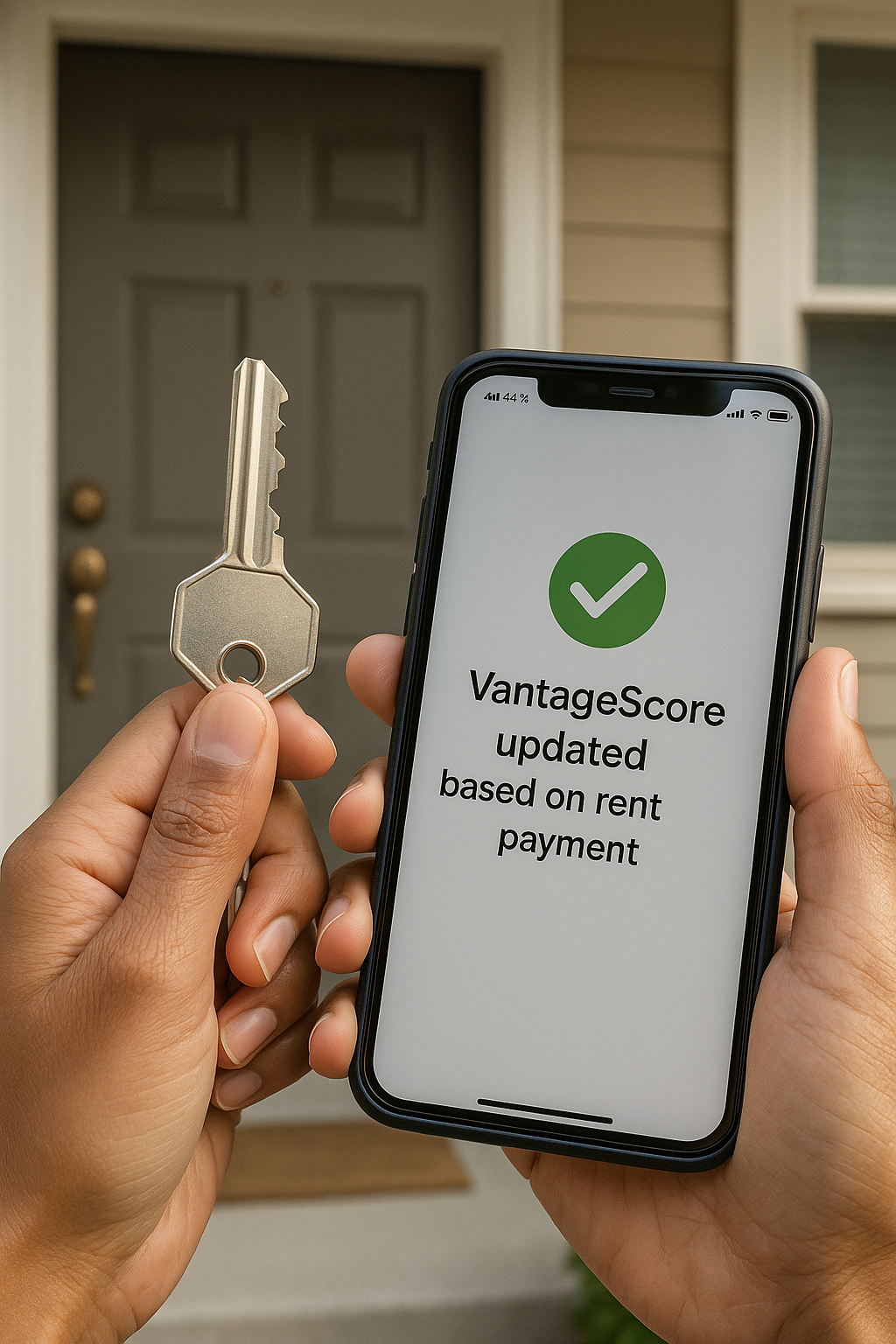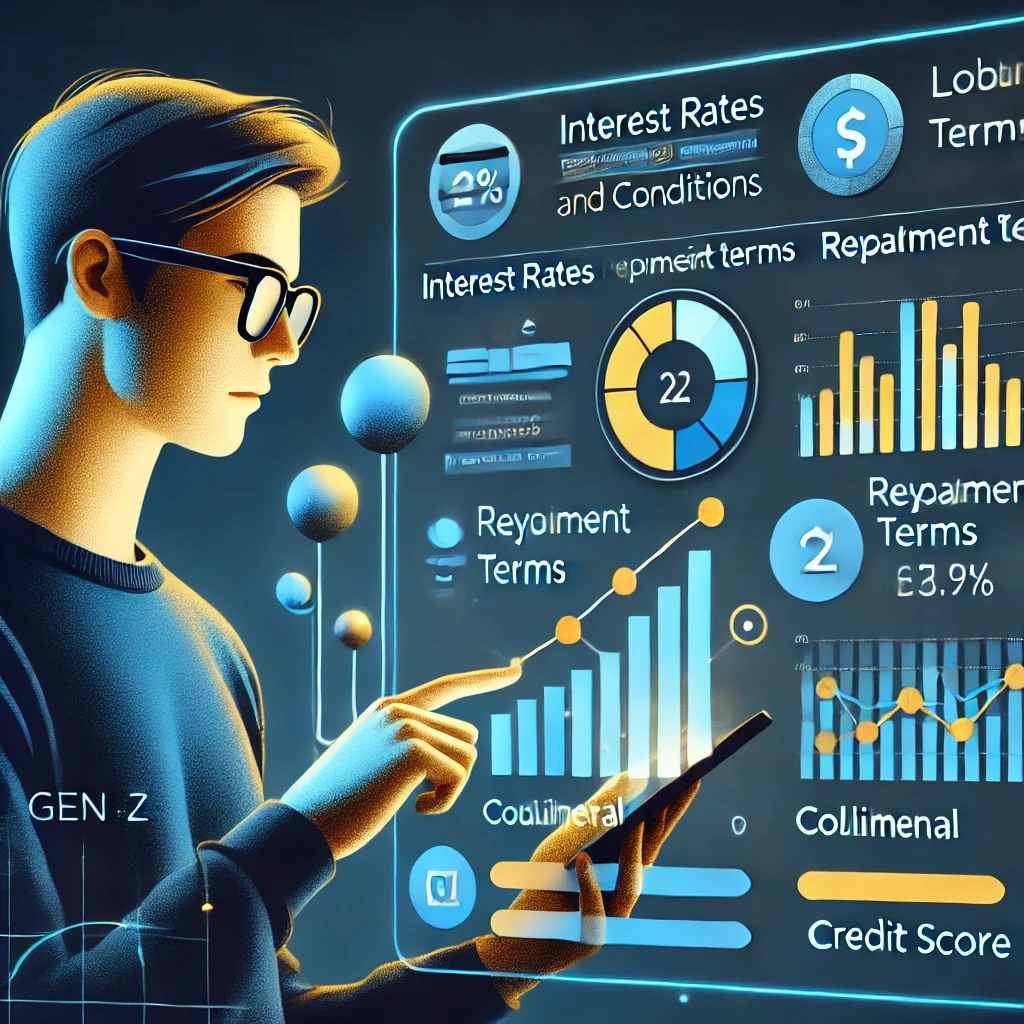
Welcome, familia. Starting a professional life in the U.S. brings a lot of excitement, and a lot of new financial questions. One of the biggest keys to unlocking your potential here is building a strong credit history. It’s a concept that might feel a little confusing or even overwhelming, especially if you’re the first in your family to navigate these waters in the States.
But here’s the reality: good credit is your financial superpower. It determines more than just whether you can get a loan. It’s about securing better housing, reducing the cost of everything you borrow, and building a foundation of economic power for yourself and your family.
The Credit Score Challenge in Our Community
We need to acknowledge a key reality: our community sometimes starts at a disadvantage. While we are a powerful economic force in the U.S., studies show that financial institutions have sometimes offered less favorable terms to Latino borrowers. That makes our credit journey even more critical.
- A significant gap exists in credit scores. Data from the Consumer Financial Protection Bureau shows that Hispanic consumers are more likely to have “credit invisibility” (no credit file) or “thin files” (very few credit accounts) compared to non-Hispanic White consumers.
- For those with subprime credit scores (below 620), the largest group affected across all minority groups is Hispanic consumers (Urban Institute).
This isn’t just a number; it’s a hurdle. But the good news is that we control how we navigate it. By building and maintaining great credit, we directly counter these disparities and open the doors of opportunity.
Your Financial Passport: Access to Better Opportunities
Think of your credit score as a financial passport. Lenders, landlords, and even some employers use it to assess how reliable you are. A strong credit score makes the difference between getting a ‘yes’ and a ‘no, or, more importantly, between a bad deal and a great deal.
1. Lower Interest Rates = Real Money Back in Your Pocket
This is the biggest, most tangible benefit. If you need to borrow money for a car, a house, or even use a credit card, your score directly affects the interest rate you are charged.
- The Power of a Few Points: Even a difference of one or two percentage points on a large loan can save you thousands of dollars over the life of the debt. For example, if you qualify for a better mortgage rate because of your high score, that money you save in interest doesn’t just disappear, it stays in your account to be used for investing, saving, or maybe helping out la familia.
- Case in Point: A young Latine professional in Miami, Leticia, has excellent credit. When she financed her first new car, she qualified for a 4.5% APR. Her friend, with a lower score, only qualified for a 7.5% APR on the same loan. Over a five-year loan, Leticia saved nearly $3,000 in interest alone. That money is now going into her retirement savings.
2. Securing the Lease and Lowering Deposits
The reach of your credit score goes beyond banks. Landlords often run a credit check when you apply for an apartment.
- A good score can mean the difference between getting approved for an apartment in a competitive market like New York or Los Angeles and being denied.
- Landlords who see a strong score are often willing to waive a larger security deposit or lower the requirement for a co-signer, giving you more control over your move.
3. Better Insurance and Utilities Rates
Believe it or not, in many states, your credit score can affect your car insurance premiums. Insurance companies often use a “credit-based insurance score” to price your policy, which is based on your credit report. A solid score can translate into a lower monthly insurance payment. The same can apply to utility companies, which might waive a required deposit for service if you have great credit.
Taking Control: Your Next Steps
Building strong credit is about making smart, consistent choices. It’s a marathon, not a sprint.
- Pay Everything On Time: This is the single most important factor (it makes up about 35% of your FICO score). Set up automatic payments for everything: credit cards, student loans, car payments, and even utility bills. Never miss a payment.
- Keep Your Balances Low: You want to use a small amount of your available credit (this is called credit utilization). Try to keep your credit card balances below 30% of your limit, and ideally, below 10%. If your limit is $1,000, don’t let your balance go over $300.
- Check Your Report: You have a right to a free credit report from each of the three major credit bureaus (Experian, Equifax, and TransUnion) every 12 months. Review them for errors. If you find one, challenge it! This protects your financial history.
Good credit is more than just a convenience; it’s a tool for self-determination and financial security for our comunidad. Start building yours today!
👉 Ask Gabi anything, anytime.
Stay tuned! We got you!






